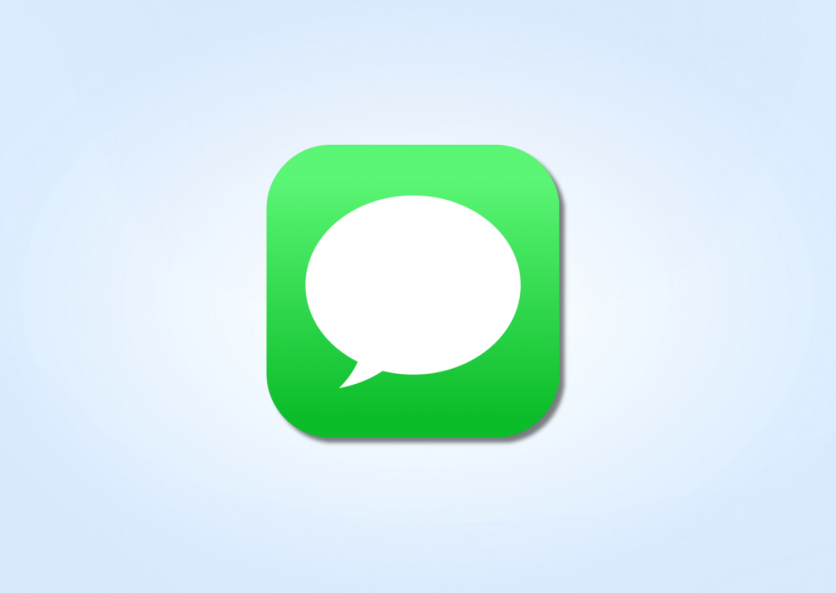The European Union's Digital Market Act (DMA) is set to challenge Apple iMessage's dominance, and Google, along with major mobile operators, is leading the charge.
Engadget reports that with the DMA slated to take effect in 2024, it introduces a set of rules that 'gatekeepers' like Apple must adhere to, ensuring they don't unfairly favor their systems or hinder third-party interoperability.
But what does this mean for iMessage users and the broader messaging landscape?

Apple-Exclusive iMessage
iMessage has been synonymous with Apple's ecosystem. Users of Apple devices have enjoyed the luxury of blue chat bubbles, higher-quality photos and videos, and the convenience of sending messages over Wi-Fi, saving on data consumption. This exclusivity is what makes Apple's messaging platform stand out.
Conversely, once an Android user enters the conversation, those blue chat bubbles turn green, and some features, including photo and video quality, take a hit.
Apple's strategy has been to keep iMessage a personal and consumer-oriented platform, and they have argued that this focus should exempt them from DMA regulation.
Google's Push for Change
Google, alongside major European telcos, has been advocating for a level playing field in the messaging landscape. Their goal is to have Apple make iMessage interoperable with other messaging services, breaking the siloed experience that currently exists.
Financial Times reports that the key argument put forth is that iMessage serves as an essential bridge between business users and their customers, making it a 'core' service under the DMA. Being designated as such would compel Apple to open up iMessage to other platforms, reducing the exclusivity Apple users have enjoyed.
Hiroshi Lockheimer, Google's Senior Vice President, has criticized Apple's 'lock-in' strategy, emphasizing the need for cross-platform compatibility, especially in the context of the SMS successor, RCS.
Google's #GetTheMessage campaign seeks to drive this point home, pointing out that the standards already exist to address these issues.
A Potential Turning Point
The Verge tells us that the European Commission is currently investigating whether iMessage qualifies as a 'core platform service' under the DMA. The criteria for such designation include being operated by a company with annual revenues exceeding €7.5 billion and having at least 10,000 monthly active business users in the EU.
This focus on business users highlights the fact that 'gatekeepers' and their services play a critical role in bridging the gap between businesses and consumers. iMessage is seen as an important gateway for such interactions.
Apple's Response
Apple has not immediately responded to these allegations and the ongoing investigations. They have previously argued that iMessage is not popular enough in the EU to warrant being designated as a core platform service and that it lacks support for business-focused features.
The European Commission's decision on whether iMessage should be categorized as a core platform service under the DMA is expected before February next year, and it could potentially reshape the messaging landscape.
Stay posted here at Tech Times.
Related Article : Apple's Future Products to Feature In-House Battery Design for Extended Battery Life

ⓒ 2026 TECHTIMES.com All rights reserved. Do not reproduce without permission.




